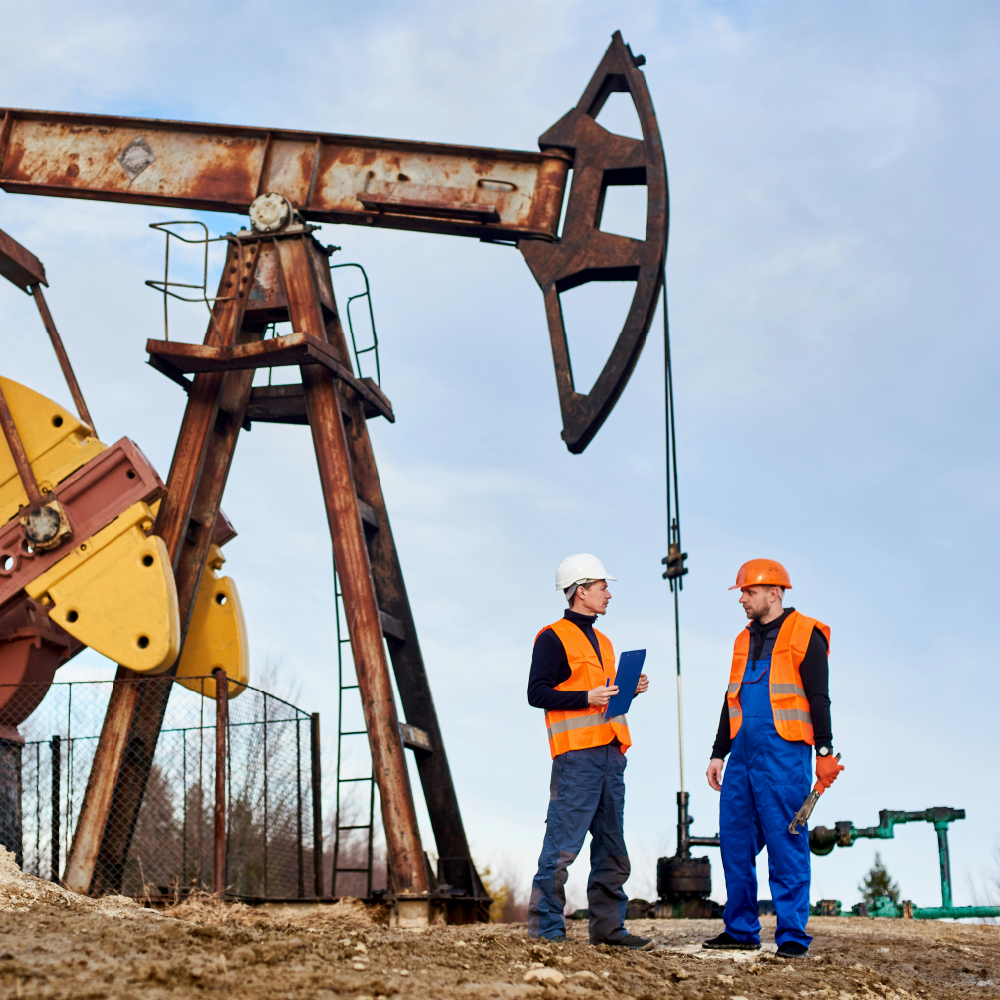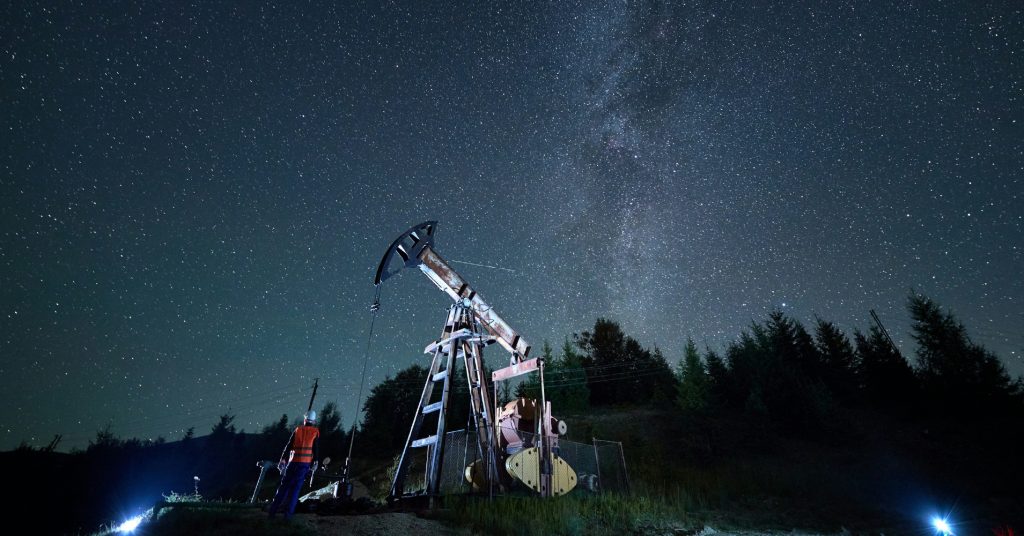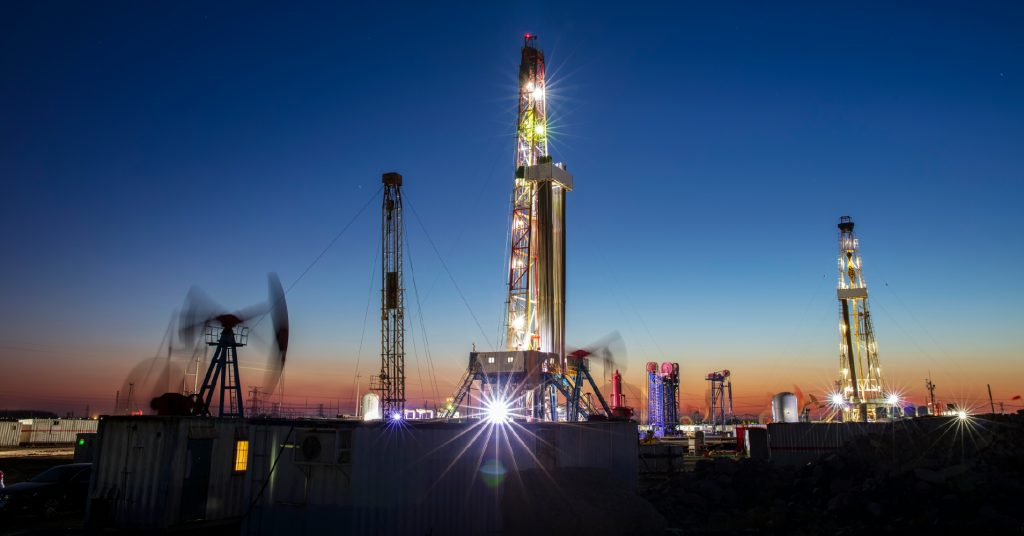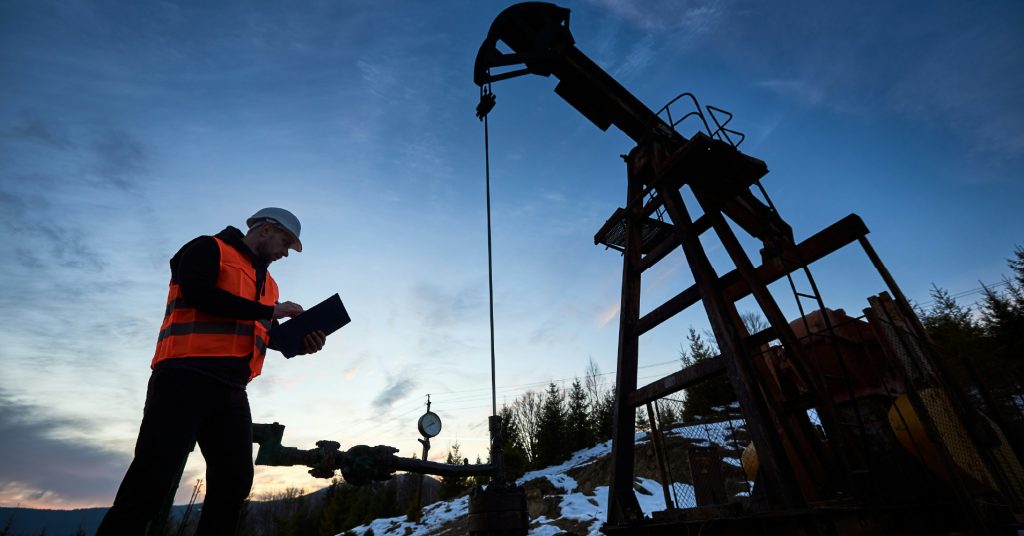About Me
In the dynamic world of well operations, the importance of comprehensive well services cannot be overstated. At the forefront of this crucial industry segment is Joel G Solis, a name synonymous with leadership, innovation, and an unwavering commitment to excellence in oil well services. Founding JG Solis Corp in Midland, Texas, Solis has cemented his reputation as an expert, entrepreneur, and leader thriving within an industry that powers economies.
Understanding Oil Well Services
Oil well services play a pivotal role in the lifecycle of an oil well, extending from post-drilling operations to potential capping. These services encompass a wide array of tasks to ensure uninterrupted oil flow and maintain the integrity of well components. Under the supervision of a well services supervisor, teams undertake various responsibilities to fortify the well’s productivity and longevity.
Solis’ expertise lies in oil well services, an umbrella term encompassing many tasks crucial for maintaining oil well productivity and profitability. These services range from hefty ‘workovers’—a term for intensive well interventions—to regular maintenance and repairs.
Workovers, while highly disruptive and requiring considerable time and resources, are often necessary to revitalize sluggish oil wells. These tasks involve filling the well with ‘kill weight mud’ to halt the flow pressure, dismantling the well’s completion components, and replacing worn parts. In certain instances, the team may need to implement more significant changes to adapt the well for sand and water production or other substantial alterations.
Types of Work in Well Servicing
The breadth of work under the well servicing umbrella varies significantly, ranging from maintenance and repairs to more complex well interventions, known as well work. These can be classified into light and heavy interventions, with the former including activities such as wireline or coiled tubing operations that don’t halt production. On the contrary, heavy interventions or workover efforts might necessitate production stoppages but are crucial for improved output.
Workover Efforts
A subset of well servicing and workover represents a critical investment into a well’s future. This involves halting the well’s operation, replacing worn components, and reconfiguring the well to adapt to new operational challenges like integrating sand and water production.
Routine Maintenance and Inspections
At its core, well servicing strives to pre-emptively address issues through regular maintenance and inspections. These tasks ensure that minor problems don’t escalate into significant challenges that could jeopardize the well’s functionality and, by extension, the operator’s profitability. Inspections may include sophisticated tests like radiography or more straightforward yet equally crucial visual assessments to identify signs of wear or corrosion.
Joel G Solis’s Vision For Well Servicing
Amidst the technicalities and complexities of oil well servicing, Joel G Solis stands out for his deep understanding of these processes and his visionary approach to navigating an industry marked by constant evolution. Assuming knowledge of the intricacies involved in well servicing, Solis has presumably led his team at Tall City Well Service, focusing on optimization and excellence.
Optimizing Well Servicing
Solis’s leadership likely emphasizes the importance of keeping accurate records and conducting frequent inspections as foundational principles for optimizing well servicing. These strategies prepare teams for the challenges they might face during operations and contribute to the overall efficiency and effectiveness of the servicing process, minimizing downtime and maximizing productivity.
The Importance of Well-Servicing
Under Solis’s guidance, regular well servicing is critical for operational success. By addressing issues early, optimizing the well components, and improving production, well servicing under his realm is not just a routine task—it’s a strategic investment in the future.
Boosting Productivity Through Well Servicing
Well servicing involves various tasks that help to improve pressure within wells experiencing reduced production, thereby boosting productivity. Through these services, well operators can make strategic changes to well components, leading to increased output. In many cases, the financial returns achieved through improved well production can exceed the initial cost of servicing, delivering a positive return on investment.
Regular testing of well functions and health between mandated inspections can help identify minor issues before they escalate. Visual inspections of surface operations can even spot minor problems, such as leaks, that must be fixed before they cost the company money in reduced production.
The Role of Well Servicing in Sustainability and Efficiency
With a name like Joel G Solis at the helm, it’s reasonable to assume that advancements in well-servicing techniques align with broader sustainability and efficiency industry goals. Innovations in this field extend the productive life of wells and contribute to more environmentally conscious extraction methods, reflecting an industry-wide shift towards more responsible resource management.
Figures like Solis represent the driving force behind the industry’s advancement through a deep understanding of well-servicing operations and a commitment to innovation and excellence. In an era where efficiency, sustainability, and technological adaptation are paramount, the work of Solis and his contemporaries in oil well services holds the key to shaping the future of energy.

Portfolio
Joel G Solis


